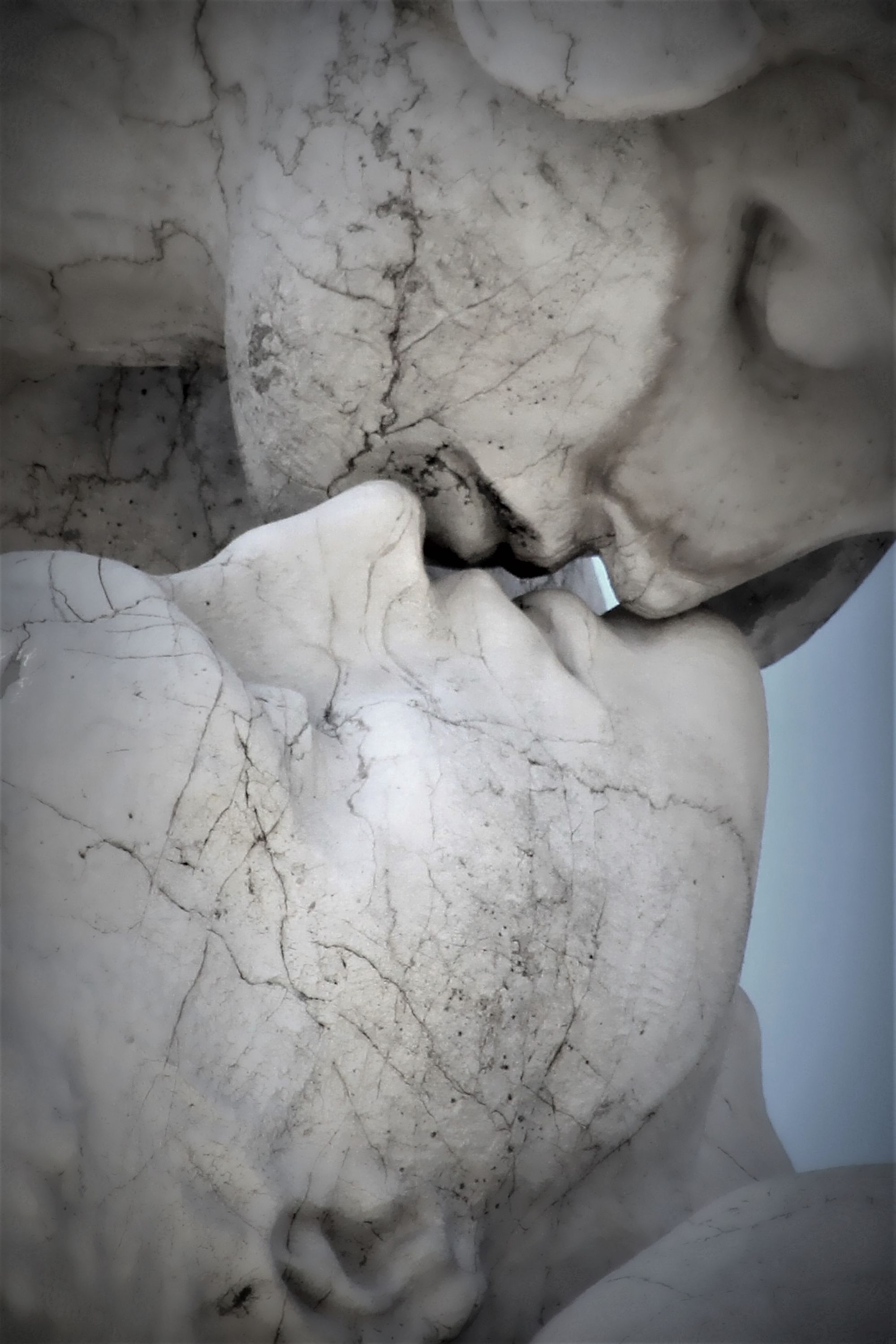By Abigail Sutcliffe, Fourth Year, Psychology
The Croft // Being judged for lack of sexual activity can be as humiliating as being ridiculed for having lots of sex. Amidst the seemingly dominant University 'hook up' culture, a low sex-drive can feel unusual, unnatural, and embarrassing.
First things first: most people will go through periods of low libido at some point in their lives. Second, there are countless reasons why your sex drive could be dipping, many of which are simple by-products of day-to-day life. You should never be embarrassed by periods of low libido.
Exam season is taking its toll on your stress levels, you didn’t have much time to get to know the girl you met in the club, you’ve not got much sleep recently, you’re taking oral contraception, your ex-boyfriend is still on your mind, you are taking anti-depressants; all of these could be the cause behind a low libido. It is important to bear in mind that necessary and common daily occurrences contribute to how much you do or don’t want to have sex at any moment in time.

If you’re dwelling on how much sex you have, be sure to take a self-centred perspective, ask yourself some questions, get honest. How often do you want to have sex? For some people, sex is a stress reliever, a necessity. Who do you want to have sex with? You may not be excited by the spontaneity of having sex with someone you have just met. What makes you feel comfortable? Ask yourself these questions, establish what you seek on the erotic side of your life, and if that is not sex then that is okay. There is more to intimacy and sexuality than physical activity. Remember this is about YOU, not anyone else.
“Erotic thinking”, as the renowned psychotherapist Esther Perel puts it, “is the practise of infusing creativity into daily life…it thrives in the small, heart-warming, sensual things that bring light into our lives; enjoying nature, dancing, cooking, painting, singing, listening to music, or reading.” Esther Perel paints eroticism as infinite and flexible. It may be comforting to those experiencing low libido to cut their minds’ ties between eroticism and sexual activity.
Eroticism may refer to any way we access our individual vibrancy, spontaneity, and curiosity. Let us not pigeon-hole ourselves as unerotic, prudish, bores based on what is ultimately an evolutionary drive. Instead let us attend to appreciating and tuning into our bodies, letting them teach us what we like, don’t like, and don’t yet know about ourselves. As Esther Perel suggests: these practises are a form of self-care.
A period of low libido will never push away a true friend, a genuine confidant, or a loyal partner. Embrace listening to your body and welcoming self-discovery. Relish exploring your internal eroticism, your asexual intimacy. There is nothing wrong with you and no reason to be ashamed. There is no right or wrong feeling to be sexual, or not sexual at all.
Featured Image: Epigram / Emily Fromant
Have you felt pressured by hook up culture? Let us know!









